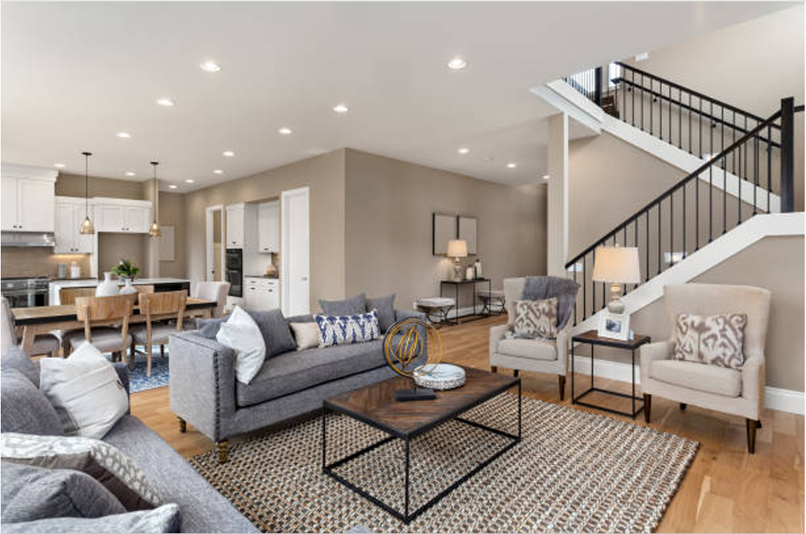Home Addition vs Moving
Adding a Home Addition
Advantages
- Cost-Effectiveness: One of the primary benefits of opting for a home addition is its cost-effectiveness. Expanding your current property often proves to be more economical than purchasing a new house. By selecting a home addition, you can sidestep expenses like realtor commissions, closing costs, land transfer taxes, new home start up fees, general personalized renovation work and moving fees.
- Preservation of Sentimental Value: Your existing home may hold significant sentimental value due to shared memories and experiences. Through a home addition, you can uphold this emotional connection by creating additional living space that caters to your evolving needs, all without leaving cherished memories behind.
- Customization and Personalization: A home addition grants you the freedom to design and personalize the new space to meet your specific requirements and preferences. Whether it's an expanded kitchen, an extra bedroom, or a home office, the addition can be tailored perfectly to suit your lifestyle.
- Avoiding Relocation Stress: Moving to a new house involves considerable stress and effort. Opting for a home addition allows you to bypass the challenges of house hunting, packing, and adapting to a new neighborhood.
Disadvantages
- Limited Space Potential: Adding a home addition is constrained by the available space on your property. Depending on your lot size and local zoning regulations, there may be limitations on how much you can expand your home.
- Disruption during Construction: Undertaking a home addition involves construction on your property, leading to noise, dust, and disruption to your daily life until the project is completed.
- Potential Permitting Challenges: Home additions often necessitate obtaining building permits from local authorities. Delays in the approval process could impact the project timeline, causing frustration and additional costs.
- Existing Home Limitations: Older homes may have structural or foundational limitations that complicate the addition process, potentially resulting in higher-than-anticipated renovation costs.
Buying a New House
Advantages
- Move-In Ready: Purchasing a new house means immediate occupancy without the need for renovations or additional construction, ideal for those desiring a fresh start in a ready-to-live-in space.
- Greater Space Options: Buying a new house provides a broad range of options in terms of size, layout, and features, allowing you to choose a home that aligns perfectly with your desired lifestyle.
- Modern Amenities and Energy Efficiency: New houses often come equipped with modern amenities and energy-efficient features, leading to long-term cost savings on utility bills and maintenance.
- Potential for Customization (Pre-Construction): Choosing a new house in the pre-construction phase may offer opportunities to customize certain elements, such as interior finishes and fixtures, before completion.
Disadvantages
- Higher Initial Costs: Purchasing a new house typically involves higher upfront costs compared to adding a home addition, considering down payments, closing costs, and potentially higher mortgage payments.
- Adjustment to a New Neighborhood: Moving to a new house requires adapting to a different neighborhood, community, and local amenities, which may not be suitable for everyone, particularly those with strong ties to their current community.
- Selling and Buying Challenges: The process of selling your current home and finding the perfect new house can be time-consuming, with potential delays and uncertainties.
- Limited Control over Design: While new houses offer various layouts and features, you may have limited control over the design and overall structure compared to a home addition, where you can tailor every detail to your liking.
In Conclusion
The decision to add a home addition or buy a new house in Ontario, hinges on factors such as budget, lifestyle preferences, long-term plans, and property availability. If cost-effectiveness, customization, and sentimental value preservation are priorities, a home addition may be the preferred choice. Conversely, for those seeking a fresh start with more space and modern amenities, purchasing a new house could be the ideal solution. Thoroughly assess your needs, consult professionals, and research the local real estate market to make an informed decision, as Ontario’s dynamic real estate market offers numerous opportunities to find a home that suits your unique needs and aspirations.















